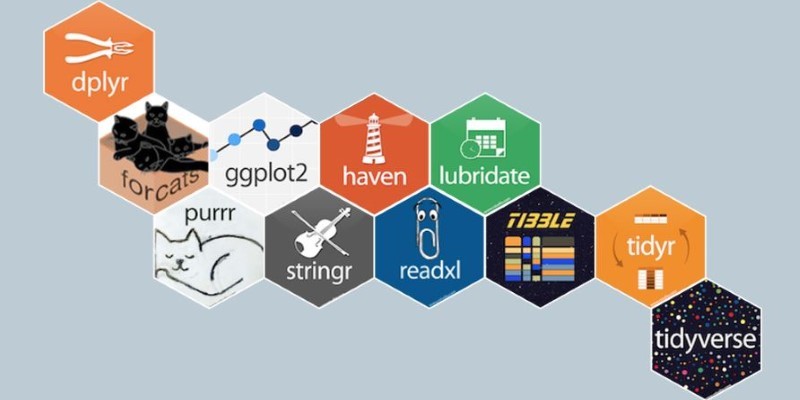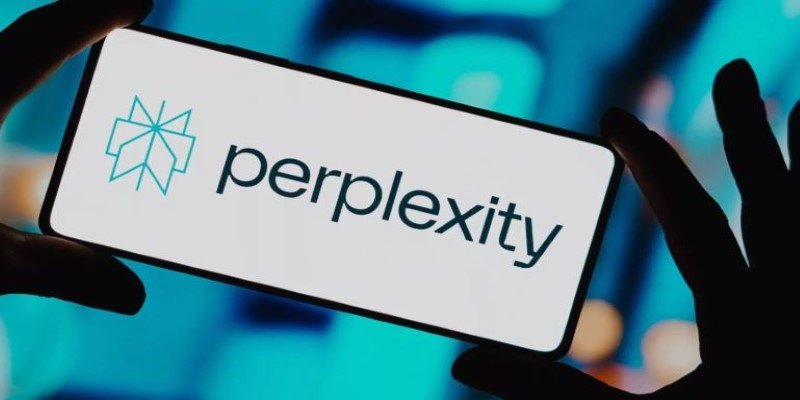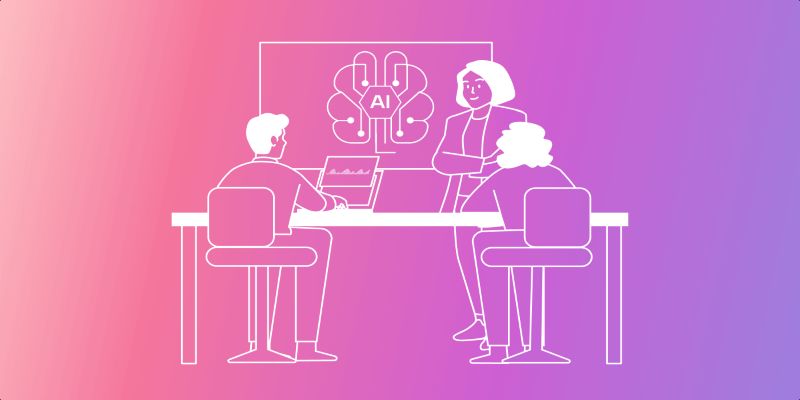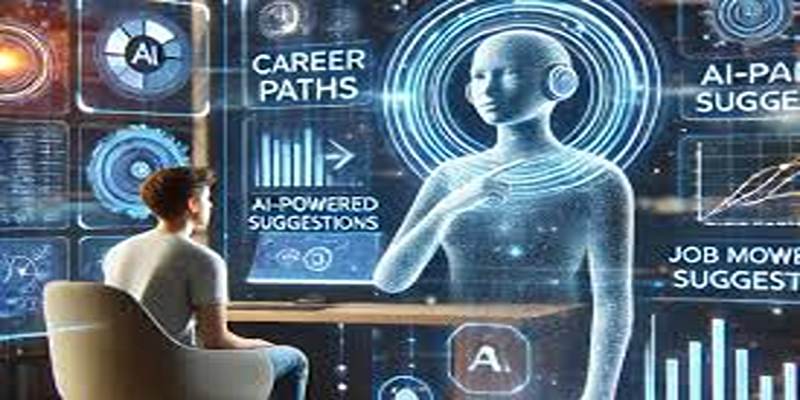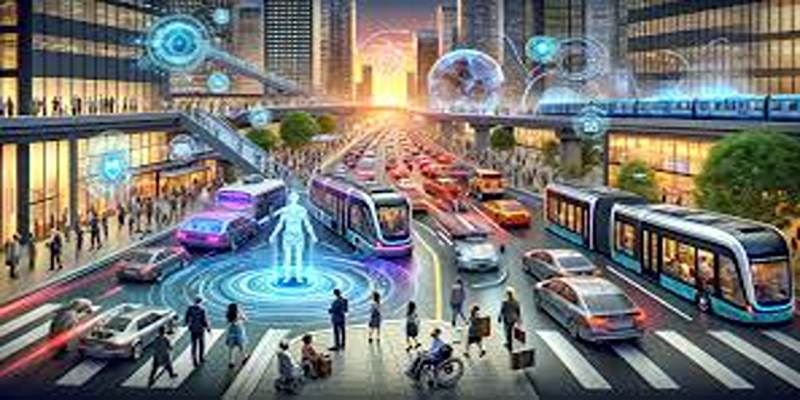Career counseling has always been an important part of professional development because it helps people find jobs that match their qualities and goals. People's judgment, which can be subjective or limited by out-of-date information, is often central to traditional methods. With breakthroughs in technology, AI has emerged as a strong tool for improving job advice.
By analyzing vast datasets, AI can accurately match job seekers with roles that suit their abilities and interests. It offers real-time job market data, finds skill gaps, and suggests learning paths. AI makes career counseling more efficient and data-driven.
The Role of AI in Career Counseling
The integration of AI in career counseling has brought a paradigm shift in how professionals and job seekers make career decisions. AI tools analyze a wide array of data points, including academic qualifications, work experience, personality traits, and market demand, to provide personalized career guidance.
Key Benefits of AI in Career Counseling

- Personalized Career Recommendations – Artificial intelligence (AI) programs look at a job candidate's skills, hobbies, and career goals to make field-specific job ideas. Unlike traditional methods, AI-powered platforms constantly change their tips based on new market trends and job seeker inputs.
- Skill Gap Analysis – AI tells you what courses or certifications you might need to get the skills you need for a certain job. Employers can stay competitive and useful in the job market with this targeted approach.
- Job Market Insights – AI analyzes job trends, salary benchmarks, and emerging roles, offering real-time data to job seekers. This data-driven approach allows individuals to make informed career decisions based on industry demand.
- Resume and Interview Assistance – AI-powered tools refine resumes, suggest improvements, and simulate interview scenarios for better preparation. Some platforms also provide automated feedback on resumes to increase job application success rates.
- Career Transition Support – AI assists individuals looking to switch careers by identifying transferable skills and recommending alternative career paths that match their competencies.
How AI Matches Skills with Job Opportunities
AI leverages sophisticated machine learning models to match job seekers with opportunities that align with their skills, experience, and career goals. Unlike traditional career counseling, which often relies on static assessments, AI-powered solutions dynamically adjust recommendations based on job market fluctuations and individual progress.
AI-Powered Job Matching Process
- Data Collection and Analysis
AI tools gather data from resumes, LinkedIn profiles, past job roles, and even psychometric tests to build a comprehensive skill profile. Additionally, AI scans online job boards and company websites to extract relevant job postings that match candidate profiles. - Skill Mapping and Role Matching
By using Natural Language Processing (NLP) and machine learning algorithms, AI compares a candidate’s skills with job descriptions and ranks the best matches. This process eliminates human biases and enhances the accuracy of job recommendations. - Personalized Learning Pathways
If a candidate lacks certain skills, AI suggests relevant courses, certifications, or training programs to bridge the gap. Many career counseling platforms integrate with online learning platforms such as Coursera, Udemy, and LinkedIn Learning to provide seamless access to skill-building resources.
AI-Powered Tools in Career Counseling
Several AI-driven platforms and tools are transforming the career counseling industry. These tools not only facilitate job matching but also enhance overall career development.
Popular AI Career Counseling Tools

- LinkedIn Career Explorer – Uses AI to suggest career transitions based on a user’s current skills and job history. It identifies adjacent roles that job seekers can consider, along with recommended skills to develop.
- IBM Watson Career Coach – Analyzes career aspirations and recommends job roles that align with personal strengths. It also provides insights into the job market, helping users understand hiring trends and salary expectations.
- Pymetrics – Employs neuroscience-based AI assessments to match candidates with suitable career paths. This tool uses behavioral science and AI-driven evaluations to determine a candidate’s potential success in different roles.
- Eightfold.ai – Uses AI to assess resumes and recommend ideal job positions for professionals based on experience and competencies. Employers widely use it to find the best candidates for open positions.
- MyNextMove by O*NET – An AI-powered platform that offers career exploration tools based on an individual's skills, interests, and industry preferences. It also provides detailed job descriptions, salary expectations, and educational requirements for different roles.
AI-driven platforms not only streamline job matching but also create a dynamic learning environment for individuals to upskill and stay relevant in the evolving job market. These tools ensure that career counseling is more data-driven, accessible, and effective in helping individuals navigate their professional journeys.
Challenges and Limitations of AI in Career Counseling
Despite its potential, AI-driven career counseling has certain limitations that need to be addressed for optimal effectiveness.
Challenges in AI-Based Career Counseling
- Bias in AI Algorithms – AI models may inherit biases from training data, leading to inaccurate or unfair recommendations. Ensuring that AI systems use diverse datasets can help minimize bias.
- Lack of Human Touch – While AI offers data-driven insights, human counselors provide emotional support and personalized advice that AI cannot fully replicate. A hybrid approach that combines AI-driven insights with human guidance may be more effective.
- Limited Adaptability to Unique Cases – Some career paths require nuanced guidance that AI tools may not fully comprehend. AI may struggle to offer solutions for unconventional career choices or highly specialized roles that require human expertise.
Conclusion
AI is revolutionizing career counseling by offering personalized job recommendations, identifying skill gaps, and providing real-time labor market insights. By leveraging AI, job seekers can make informed career decisions, while organizations can optimize their hiring processes. However, to maximize the benefits of AI in career counseling, it is essential to address challenges such as algorithmic bias and data privacy concerns. The growing integration of AI in career counseling is making the process more efficient and tailored to individual needs.

